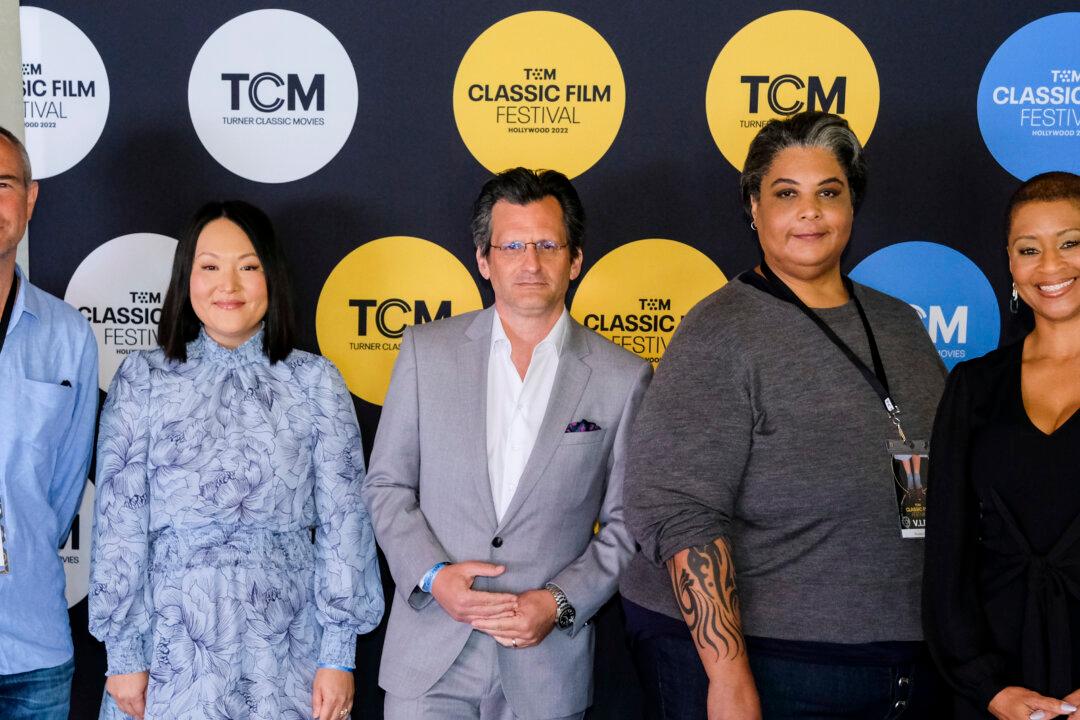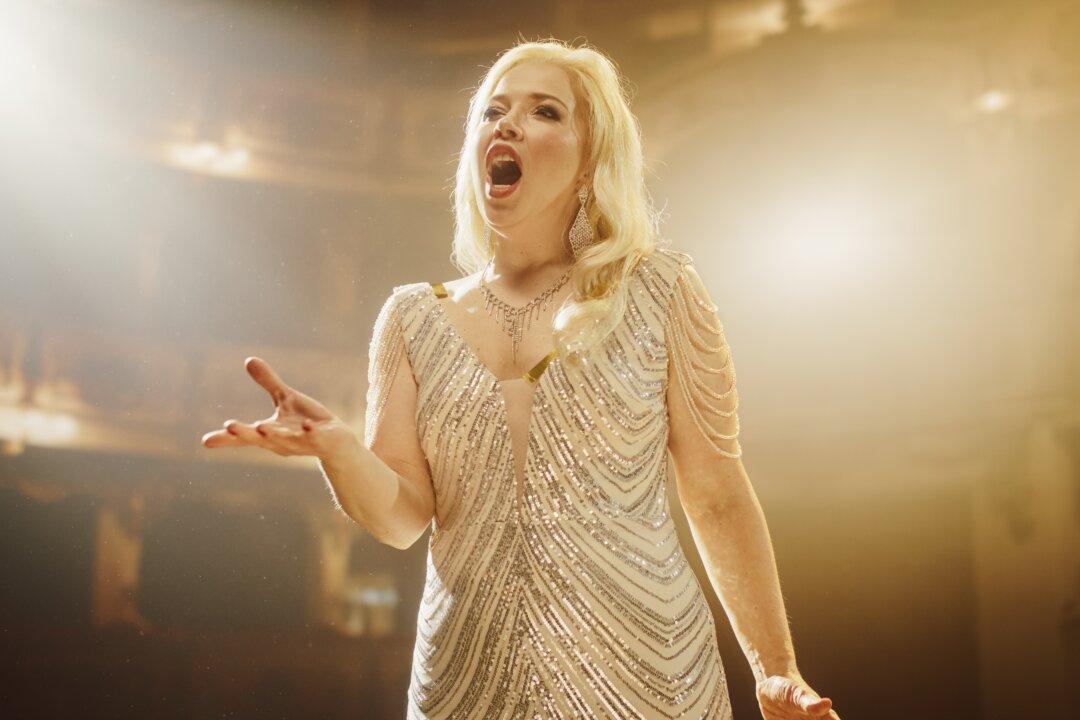Commentary
Every year, Turner Classic Movies (TCM), the company which has brought old movies to the masses through their television channel since 1994, offers cinephiles a chance to enjoy classic films together in downtown Hollywood. The TCM channel plays more than just movies, so I wasn’t surprised that the April 2022 Turner Classic Movies Film Festival (TCMFF) included shorts, special features, book signings, interviews, and conversations as well as dozens of films. When I covered the festival, I tried to attend a few special presentations in addition to the fourteen films I screened. One of the only special features I was able to squeeze in was a panel discussion called “Reframed: Exploring the Complex Topic of Art vs. The Artist.”





